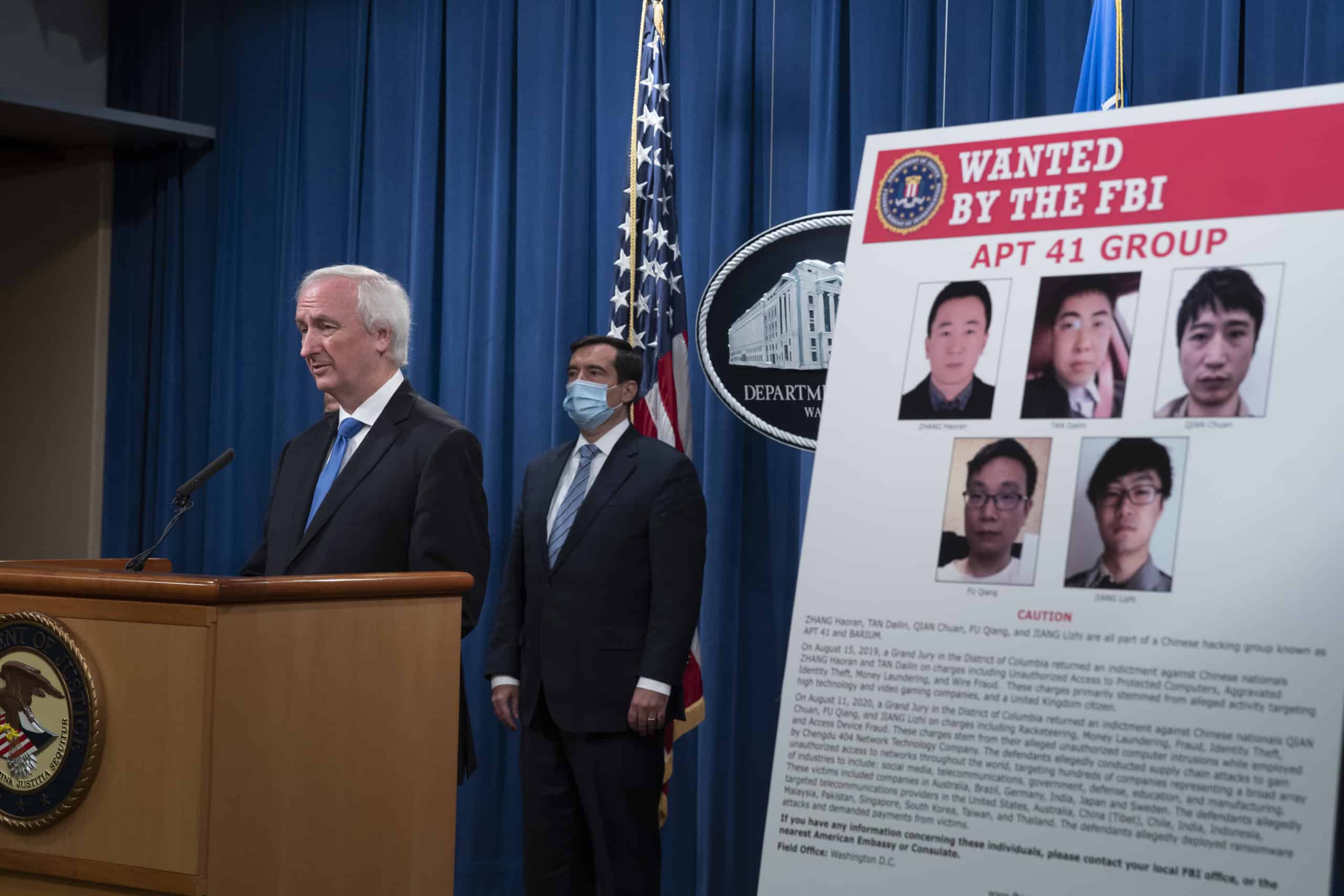Cyber attacks from China have become a major problem for U.S. institutions and companies. One recent incident — an attack in March on six U.S. state governments carried out by a group of organized civilians — shows how the threat is coming not just from state-backed operatives from the People’s Liberation Army or Ministry of State Security (MSS).
Hackers targeted the six states through a vulnerability in a livestock disease-tracking application called USAHEARDS. Analysts have since attr
Subscribe or login to read the rest.
Subscribers get full access to:
- Exclusive longform investigative journalism, Q&As, news and analysis, and data on Chinese business elites and corporations. We publish China scoops you won't find anywhere else.
- A weekly curated reading list on China from Andrew Peaple.
- A daily roundup of China finance, business and economics headlines.
We offer discounts for groups, institutions and students. Go to our
Subscriptions page for details.
Includes images from Depositphotos.com


